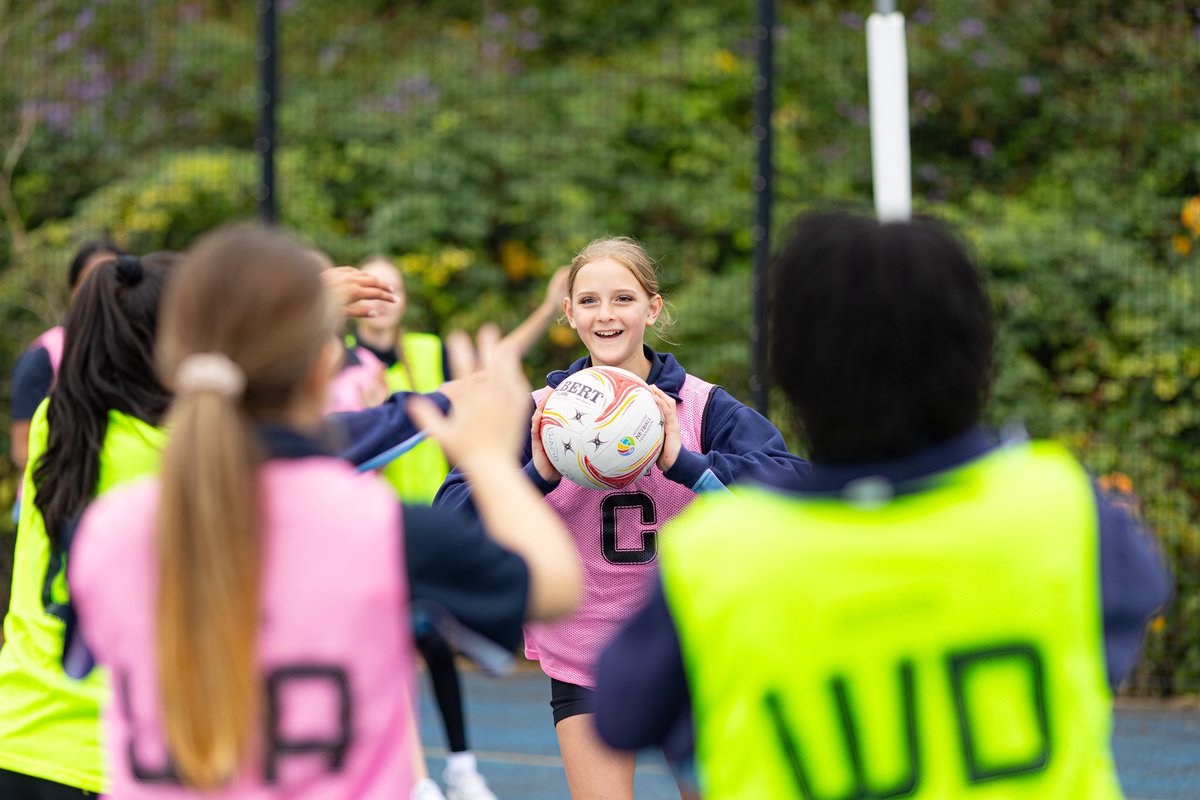Science
In Science at HACH, we want to promote a sense of curiosity so students can explore science in the real world and equip them with analytical skills to be able to solve problems.
The curriculum is designed to expose them to knowledge that takes them beyond their experience and widen their horizons to promote social mobility and give them the skills to access high level careers to achieve financial independence.

YEAR 7:
It is critical that students start their secondary science journey will the foundational knowledge in order to act as building block for later in the curriculum journey. We teach the first set of topics based on building on the knowledge and skills students have obtained over Key Stage 1 and Key Stage 2. The Key Stage 3 topics from Years 7-9 link to the topics covered in Key Stage 4 in Years 10 & 11, following the KS3 AQA specification. In terms of sequence of lessons, we based this on our knowledge of the KS2 national curriculum. Topics we start with include, cells, earth structure and universe, these are topic which link directly to what students have learnt in KS2, essentially smoothing the path of learning and making the transition into KS3. The powerful knowledge gained will allow students to access later topics such as human reproduction, gravity and forces. Learning about earth sciences and early chemistry topics such as matter & particles will help students understand the basic chemical reactions that take place in and around us. We regularly assess and check the progress made by students over the academic year via baseline, homework, group feedback and assessments. We work alongside our colleagues, outside the department to ensure we provide the provisions for our SEN, EAL, PP and LAC students. In addition, to increase science capital we have included culture, careers and enrichment as part of our curriculum so to match our overall intent.
YEAR 8:
During the second year of Key Stage 3, the students are encouraged to develop their scientific enquiry through conscious and deliberate use of language, logic and experimentation. We now move to the macro level of science. The idea behind this is to smooth the path of learning for our students by moving from small building blocks to bigger building blocks. Where students have learnt about cells and human reproduction at the micro level inside organisms, the students expand their knowledge and apply this at the macro level between organisms in form of interdependence and variation. For chemistry, we have previously covered the topic of elements which have now built towards understanding the periodic table, their trends and properties. Students are now able to learn about acids & alkalis and their associated chemical reactions. The expansion of the concept of chemical reactions will aid in the understanding of chemical reaction found not only in chemistry but biology too. For physics, we cover speed after we previously covered the topic of forces. This will allow students to understand the idea of resultant force as this forms the foundation for KS4 study. We continue blend both substantive and disciplinary knowledge where what students have learnt in terms of facts are applied to working scientifically. Students also develop their skills through a progressive model where students will again obtain powerful knowledge on how to calculate using given equations and plotting lines of best fit.
YEAR 9:
We look at the interaction between the micro and macro level of science which makes this the final phase of Key Stage 3, it will also provide a thorough grounding for starting the GCSE specifications in earnest at the beginning of Year 10. A series of units with overarching themes that mixed the three traditional disciplines of Biology, Chemistry and Physics to encourage more lateral thinking from students so they can crosslink different aspects of science within the same task – a vital skill for higher demand GCSE and beyond. We build up towards topics such as respiration, chemical reactions, waves and electromagnetism. All essential concepts which link into the later stages of KS4 and bring together the concepts learnt earlier in the course. We continue to integrate both substance and disciplinary knowledge which enhance each other whilst students continue to develop their analytical skills. For instance, not only being able to plot lines of best fit but being able to draw conclusions from given data.
Year 9 into 10 Options:
Our students are offered the options to take either the combined (24 topics) or separates science (25 topics) courses here at HACH. Both courses are ambitious as they lead to clear pathways towards A-level science study and careers into the science sector. Students will cover all 3 science and sit 6 exams at the end of the course. Combined: 6 x 1hr 15mins papers and Separates: 6 x 1hr 45mins papers. Students are selected into separate and combined science based on: KS3 attainment, Attitude to Learning and Forecast Grades. Regardless of the course, students learn powerful substantive knowledge and develop disciplinary knowledge to the point where they are equipped for post-16 study.
YEAR 10:
Building on the concepts studied throughout Key Stage 3, we cover all of the paper 1 topics in the AQA specification to enable a deeper understanding of the subject. The topics start with foundations of cells, organisation, infection and biochemical processes. Atoms, Bonding, Chemical & Energy Changes. As well as, Energy, Electricity & Atomic Structure. These topics link directly topics found in KS3 also. Beyond the curriculum are lessons dedicated towards powerful knowledge (takes a student beyond their own experience. It is knowledge that many will not have access to at home, among their friends or in their communities in which they live). Dedicated skills and enrichment time allows the students to develop skills that will be needed as the Key Stage 4 course progresses and gain an appreciation of how the topics fit into the wider world. Powerful knowledge is built up throughout this 7 year journey where students are regularly assessed via checking for understanding. Techniques include: active observation, cold calling and show me mini-whiteboards. Knowing we know that students know if the core feature found throughout the students 7 year journey.
YEAR 11:
Building and linking the topics found in paper 1, the students will complete the second half of their GCSE course composed of paper 2 topics resulting in them completing the full GCSE course. Topics start with Homeostasis, Genetics & Ecology which prepare students for A-level Biology. Furthermore, rate of reaction, organic chemistry, forces & waves which directly link with KS5 science. Regular formative assessments, intervention and enrichment & careers support aid in the development in the students' vast skill set. This will in turn provide the grounding and structure required for students to continue with science study at Key Stage 5 and beyond. Powerful knowledge is built up throughout this 7-year journey where students are explicitly taught substantive (backbone - facts, concepts etc.) & disciplinary knowledge (working scientifically - methods, techniques, data analysis & scientific explanations).
YEAR 12:
We follow the AQA Specification. To ensure that the subject content is relevant to real world experiences and interesting, we start from Biological Molecules, which then progresses from cells to tissues to organisms and the genetic factors which affect them. This further builds to topics where students learn about how biological molecules are transported in plants, the roles they play in the immune system and in homeostasis. Students will appreciate how the microscopic interaction of chemicals and substances dramatically affects the organism at a macroscopic level. Students will develop their practical skills from GCSE level, transitioning to A-level with greater expectations of independence and rigour. to make sure that there is a seamless progression between qualifications. Students are assessed during practicals through using the AQA CPAC criteria. This is where students show their competency in completing practical work independently at to a high standard, bringing together the powerful knowledge and skills obtained so far. We develop students’ maths skills to a higher level through lessons dedicated to concepts such as uncertainty, standard deviation and error bars.
YEAR 13:
Year 13 Biology is a progression from Year 12 Biology. Year 13 begins with students developing an understanding of inherited change and gene expression. Integrating more mathematical concepts like chi squared. Spearman’s rank is used in the topics of biodiversity however this is covered after students have learnt and made links to DNA technology, genetic diversity and evolution. The course concludes with photosynthesis and respiration which are examples of topics that showcase our progression model of powerful knowledge as students learn this in more depth and link to the final topics of energy and the ecosystem. Students will finish their required practicals following the AQA CPAC criteria in order to complete the practical component of the course
Documents
| Long Term Science Curriculum Plan | Download |























